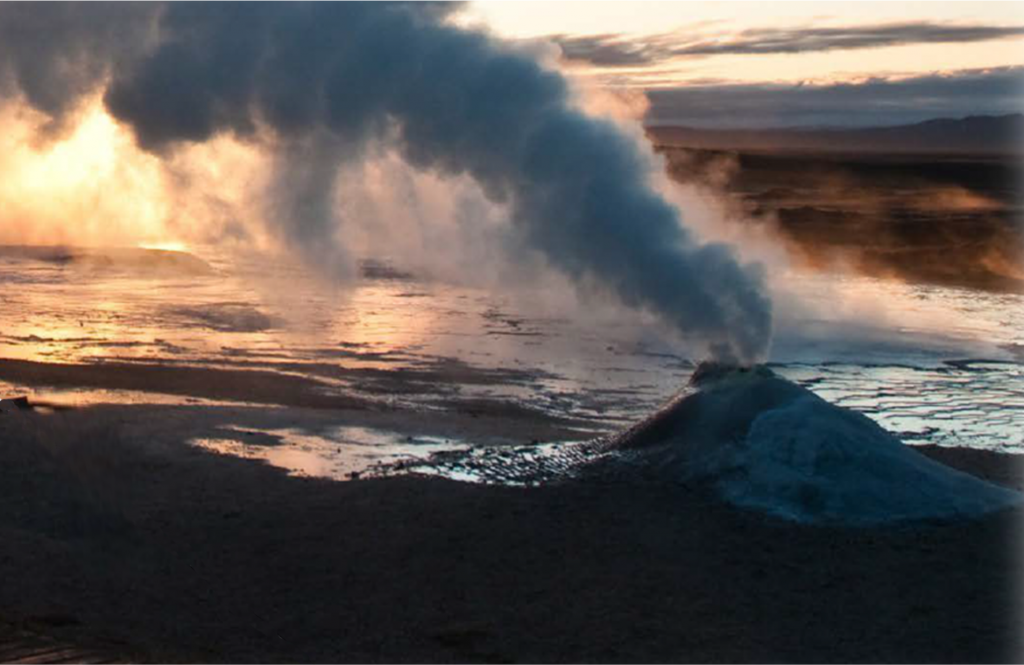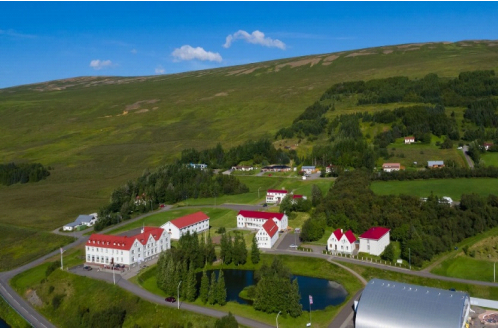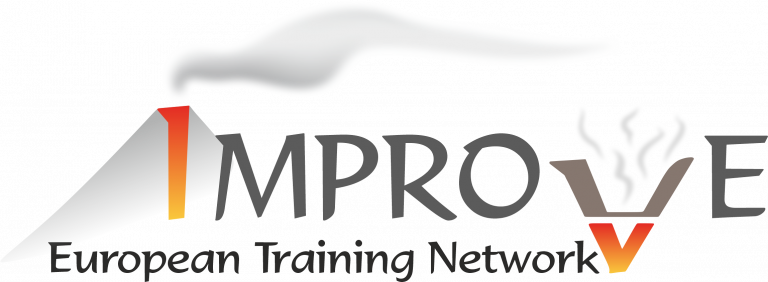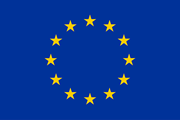First Network School: GEOTHERMAL AND MAGMATIC SYSTEMS

Laugar/Krafla, North Iceland – June 11-16, 2022
Deadline for registration: 20 April 2022
IMPROVE is a H 2020 Marie-Sklodowska Curie Innovative Training Network for the next generation of European volcanologists. Early Stage Researchers in IMPROVE are trained while developing research on quantitative volcanology, from innovative monitoring and prospecting to advanced lab experiments, High Performance Computing, Machine Learning and Artificial Intelligence. IMPROVE organizes schools, short courses, and other training and scientific meetings open to participants from outside the network.
NordVulk is a Nordic research center hosted at the Institute of Earth Sciences, University of Iceland specializing in volcanology and related fields. NordVulk’s activities include both a basic research program as well as a training program for young scientists
SCHOOL OBJECTIVES and KEY TRAINING ELEMENTS
The school will address the main aspects of young igneous geothermal systems and the links between magma and hydrothermal circulation in volcanic settings, the methods of geophysics, geochemistry and geological mapping used to study such systems, including various aspects of geothermal exploration. Emphasis will be on Krafla, one of the best studied volcanic geothermal areas in the world. Environmental and societal aspects of geothermal utilization will be addressed and future perspectives explored with strong input from experts in the geothermal industry.
The school will have a mixed format of lectures, field excursions, practical exercises and training of various soft skills. The target group are early stage researchers at PhD and postdoc level.
The target of the school is PhD students and postdocs.
KRAFLA VOLCANO
Krafla is a central volcano on the plate boundary in North Iceland, hosts a large caldera and a major geothermal area that has been exploited for more than 40 years. The Krafla Fires in 1975 1984 were a major rifting episode along a 60 km long segment of the plate boundary with repeated basaltic fissure eruptions at Krafla. Moreover, m olten magma has been encountered at about 2 km depth during drilling. Due to the recent volcanism and long exploration history, Krafla offers unique opportunities to study the magma-hydrothermal interface and plans are underway to utilize this further through the Krafla Magma Testbed.
Preliminary SCHEDULE
| June 11 | Arrivals in North Iceland and icebreaker |
| June 12 | Geothermal areas and their heat source - the magma hydrothermal interface |
| June 13 | Geothermal areas and processes and their exploration - short field trip to Krafla |
| June 14 | Full day field trip: The Northern Volcanic Zone around Mývatn and Krafla |
| June 15 | Utilization of geothermal areas |
| June 16 | Geothermal the road ahead: Innovation and outlook |
| June 17 | Departure |
PRELIMINARY LIST OF LECTURERS
Giovanni Chiodini, Paolo Papale, Guðni Axelsson, Halldór Geirsson, Hannah Reynolds, Magnús T. Guðmundsson, Freysteinn Sigmundsson, Lea Levy, Jo Gottsmann, Andri Stefánsson, Samuel Scott, Knútur Árnason, Cristian Montanaro, Landsvirkun representative.
SCHOOL COSTS
The total costs per participant, including accommodation, breakfast, lunch, coffee breaks and dinners, the two excursions, any school materials, and transport between Reykjavík and the venue at Laugar is 990 Euros.
REGISTRATION
The school is open to a maximum of 15 students, besides the IMPROVE fellows. Students will be selected on the basis of demonstrated relevance of the school for their research and career developments.
Deadline for registration: 20 April 2022
Information on a cceptance: 1 May 2022
REGISTRATION FORM
VENUE

Laugar in Reykjadalur – 25 km west of Krafla
A popular summer hotel with a heated outdoor swimming pool .



